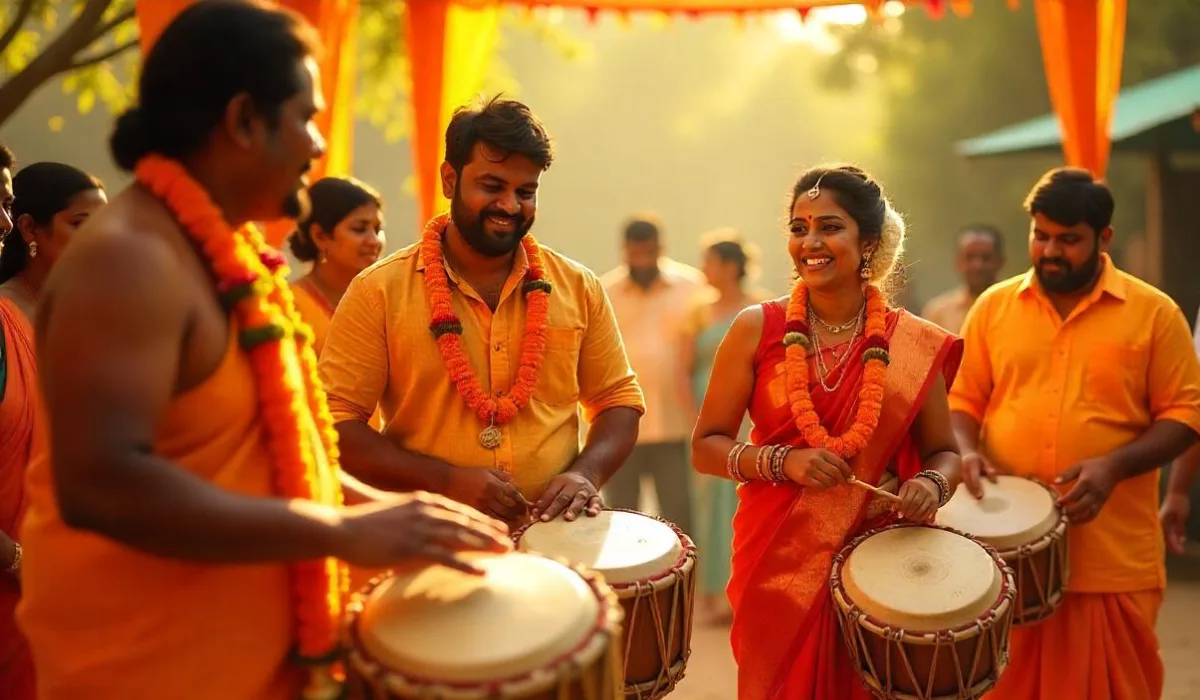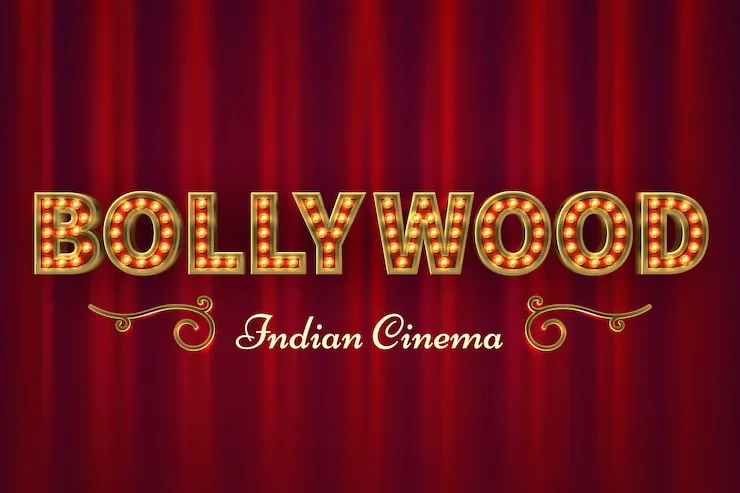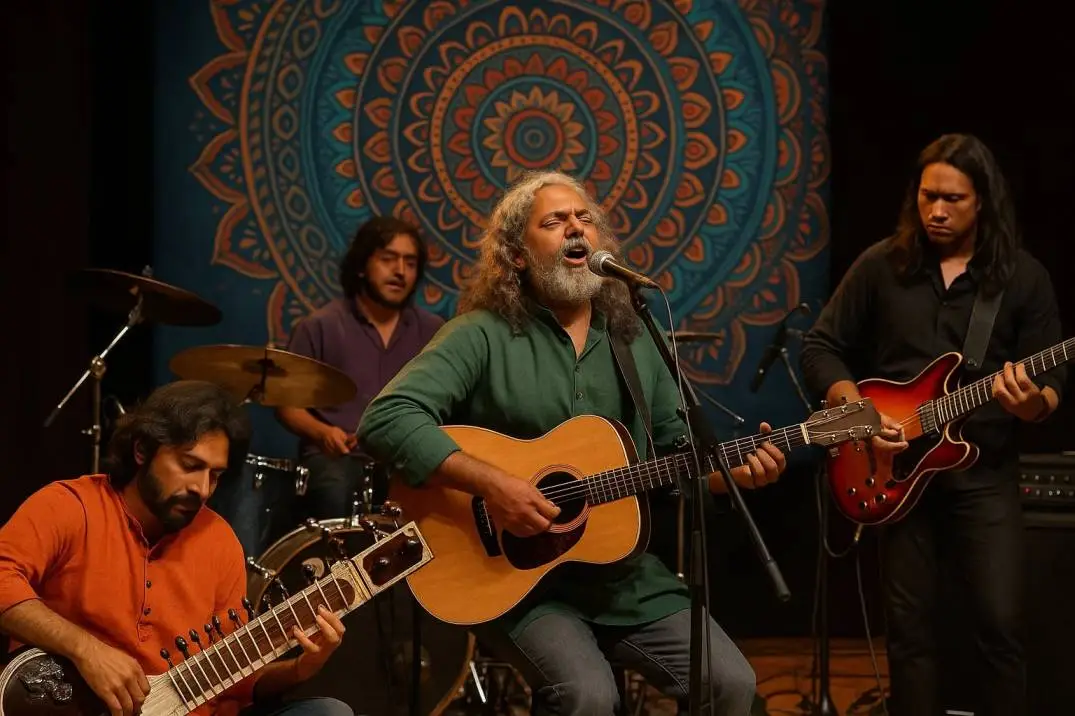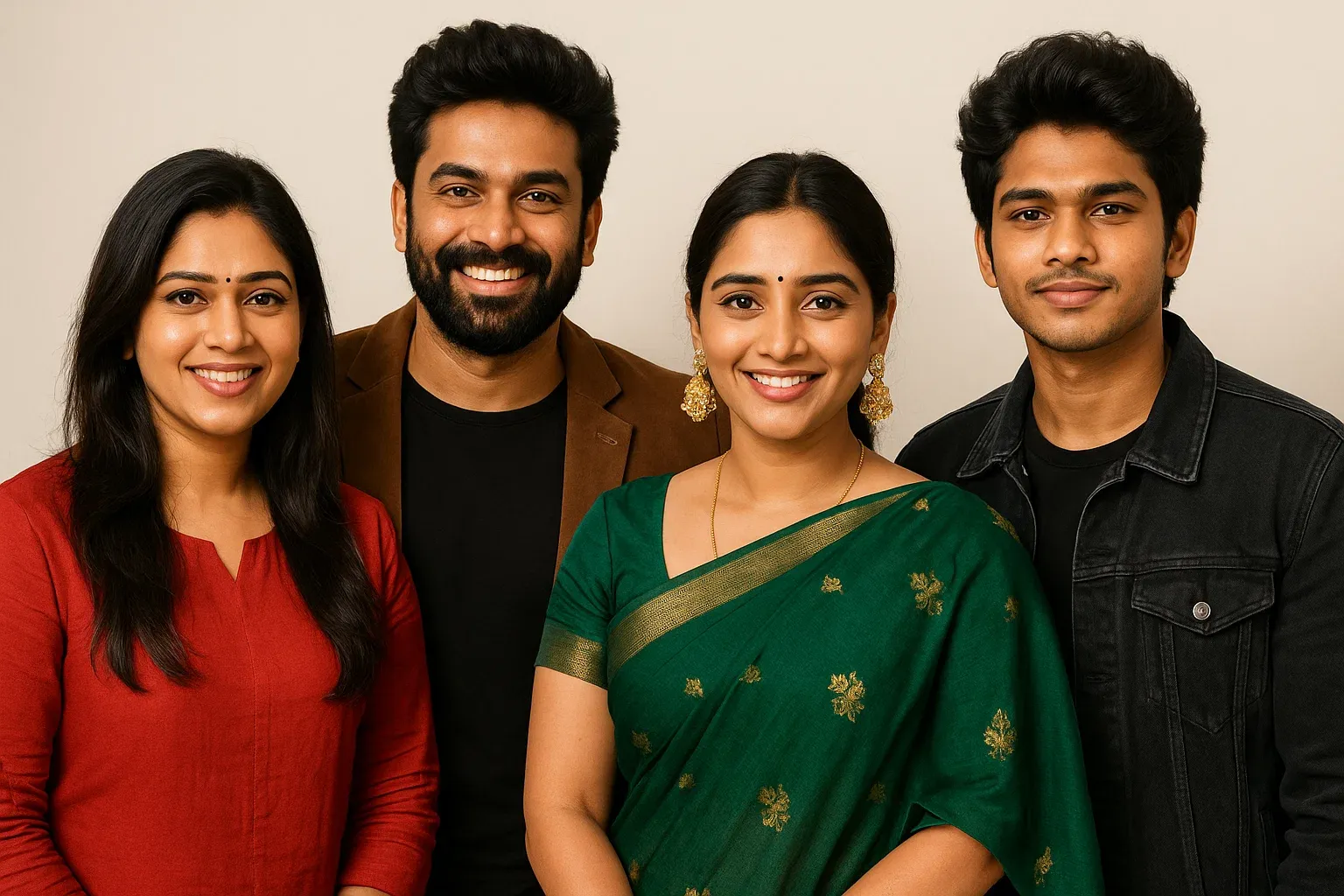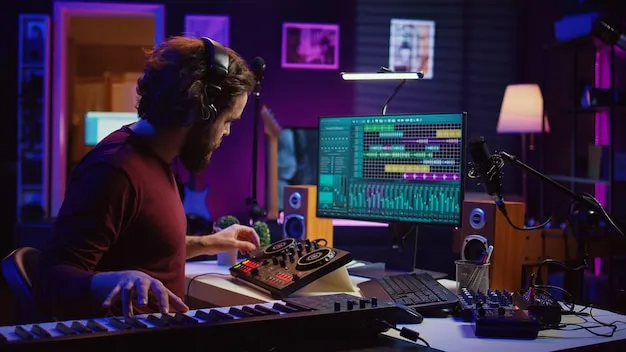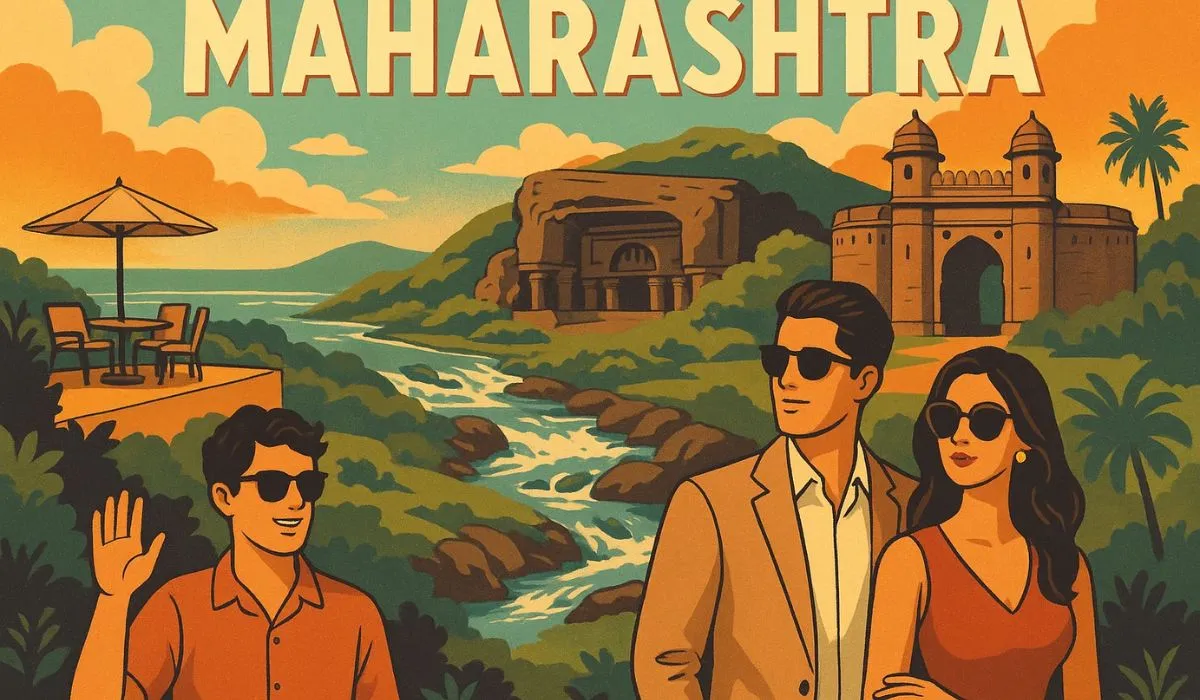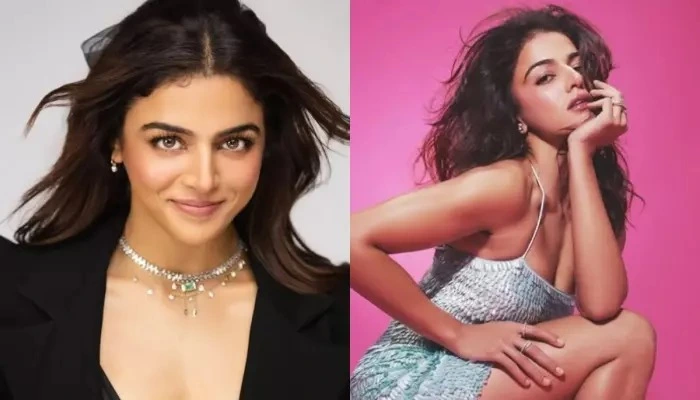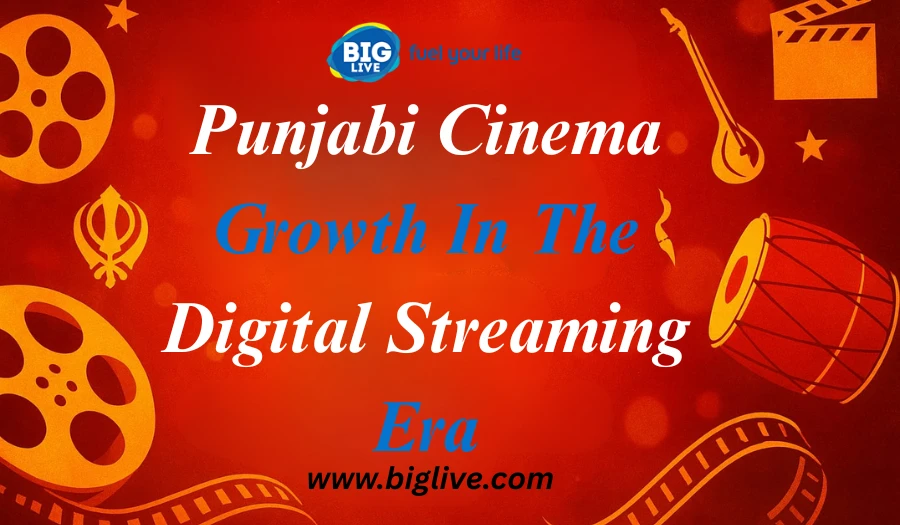Music has always had the ability to touch hearts in a place where customs communicate louder than the most magnificent décor. Kerala's weddings capture generations of love, laughter, and heritage in their beats. And among them, Mangalamkali stands quietly but proudly passed from voice to voice, circle to circle. It’s not just a song. It’s a story, retold at every marriage, every gathering, every beat. But recently, this ancient beat has been strolling into fresh footwear.
Something about a Kerala marriage grabs your senses before the celebration even starts. Perhaps it's the gentle rustle of a silk saree, the faint scent of jasmine, or that unique, low, steady, ground beat. It’s the thudi. It’s Mangalamkali. And it’s been part of marriage celebrations in Kerala for generations.
But lately, It sounds different. No, it hasn't vanished. It is still around, but it is evolving. Now the slow rhythm is overlaid with a faint humming. While aunties still clap and sway, a remix plays through loudspeakers. Dancing its way into DJ booths, Spotify playlists, and rooftop weddings in Kochi, Mangalamkali once performed in temple grounds and courtyards is now being sung.
Mangalamkali is what and why matters here?
At its heart, Mangalamkali is a folk performance that happens during traditional weddings in Kerala. It’s more than just music. It’s emotion. It’s family. It’s women usually from the bride’s side gathering in a circle, clapping slowly, stepping in rhythm, and singing blessings for the couple. No stage, no audience, just community in motion.
The instruments are simple:
- A thudi (tribal drum)
- A pair of elathalam (tiny cymbals)
- And the voice soft, rhythmic, old as memory
These women didn’t care about perfection. The goal was never a flawless performance. It was about warmth, tradition, and honoring the moment.
Read also: Music And Dance Festivals In Kerala
When Did the Change Begin?
It didn’t happen overnight. Sometime around 2016, a wedding DJ in Ernakulam did something new. He took a Mangalamkali verse, looped it with a soft beat, and played it in between two upbeat Mollywood songs. The crowd didn’t freeze. In fact, they started nodding along.
Someone posted a clip online. It caught on. By 2019, more weddings had “folk remix” slots. By 2022, it became a request: “Play that Mangalamkali beat, please.” What started as a quiet folk ritual was now a new kind of groove.
From Footsteps to Funky Beats
Picture this, A slow, steady beat begins soft enough to feel like a memory. Then comes the voice. Crackly. Real. Maybe it’s a recording from someone’s grandmother. Then the rhythm shifts. A bassline drops. Not loud, just enough to tap your feet. Traditional Mangalamkali blends into modern syncopation that off-beat pulse that makes the music move differently.
Some call it Mangalamhop, others folk fusion. Whatever the name, it works. Producers like DJ Vinu Nair from Trivandrum and Anjali Beats from Toronto now work with real folk singers. They don’t sample from YouTube. They record new vocals. They keep the feeling, just shift the flow.
Is It Still Mangalamkali? Or Something Else?
That’s the question. Some elders think it’s not the same anymore. And they’re not wrong. The beat is different. The setting is different. And sure, a trap beat behind a blessing chant might raise eyebrows. But many artists say this isn’t a replacement, it’s a revival.
They argue that Mangalamkali was always about bringing people together, not about how it sounded. If today’s music still gathers folks into a circle and makes them clap, doesn’t that count? Chechi Padmini, a 63 year old performer from Kottayam, performed her group’s Mangalamkali live over a slowed down electronic track in 2024. The bride cried. The cousins danced. The grandmother clapped. Everyone smiled. Maybe that’s enough.
Read also: The RJ Who Rules Big FMs Airwaves
Mollywood’s Influence: Quiet, But Real
No, Mangalamkali hasn’t taken over the Mollywood soundtrack yet. But something changed when films like Kumbalangi Nights and Jaya Jaya Jaya Jaya Hey reminded viewers of Kerala’s musical roots. Even though they didn’t feature Mangalamkali directly, they made room for local, grounded sounds.
In 2025, director Sreeja Menon dropped a teaser for “Minnaminni Thaalam”, a movie set during a tribal wedding in Attappadi. It features real Mangalamkali vocals, reworked with ambient strings and soft electronic textures. The YouTube teaser crossed 850K views in a week. The message was clear, folk is cinematic now.
Why Couples Are Choosing Fusion Wedding Music
Young Malayalis, especially those raised outside Kerala, want something personal at their weddings. Something real. Something that honors tradition—without feeling old. Neethu Thomas, a wedding planner in Kochi, shared: “Ten years ago, everyone asked for Bollywood songs. Now? They want a remix of what their grandmother sang. It makes the moment feel deeper.” This isn’t about being trendy. It’s about belonging. For many, a remixed Mangalamkali is the perfect bridge between memory and modern life.
The Diaspora Is Dancing Too
It’s not just happening in Kerala. In cities like Dubai, London, and Toronto, second generation Malayalis are including Mangalamkali fusion in their weddings. DJs use real recordings from family videos, mix them with soft beats, and let the music do the work. Some even fly in folk artists from Kerala to perform live.One bride in Melbourne had her great-aunt sing over a pre produced beat. It wasn’t flashy. But everyone cried. That's what this is about.
The Numbers Tell a Story
Here’s what we know from Spotify and wedding playlists:
|
Year |
Fusion Tracks Released |
Most-Streamed Cities |
|
2021 |
6 |
Kochi, Toronto, Bangaore |
|
2023 |
28 |
Dubai, Trivandrum, London |
|
2025 |
65+ |
Chennai, Calicut, New York |
It’s more than a trend. It’s a movement.
Final Thoughts: Same Circle, New Beat
Take a step back and listen. Mangalamkali hasn’t vanished. It’s just grown up a little. It moved with the times but kept its roots. The circle is still there. The rhythm is still real. The heart of the tradition? Still beating strong. Whether it’s performed under a tree in a village or over Bluetooth speakers in a city wedding, one thing hasn’t changed, It brings people together. And in the end, that’s all it was ever meant to do.
Mangalamkali’s journey isn’t over it’s just entering its next act. With every remix that respects its roots, the tradition breathes a little more freely. It may sound different now, but the soul? Still intact. Whether barefoot in a courtyard or synced with a bass drop, its purpose remains unchanged. To bless. To bind. And to belong



